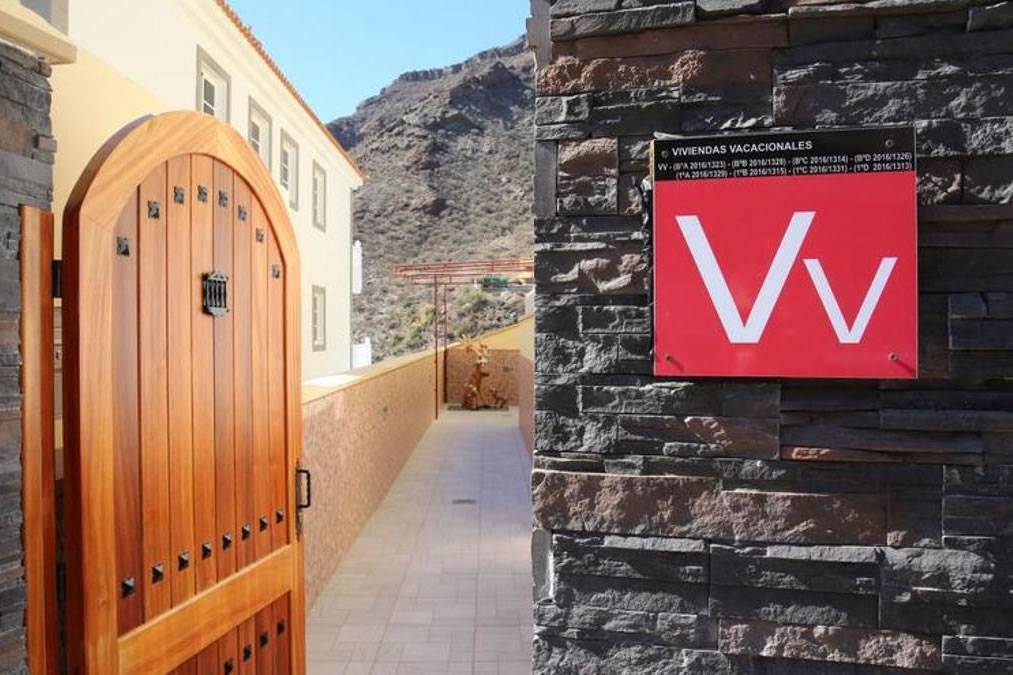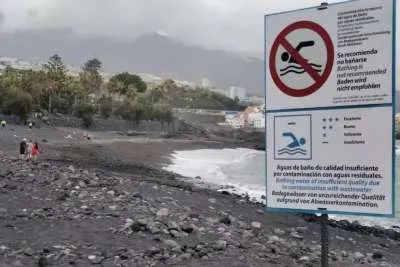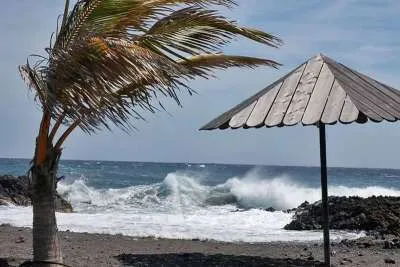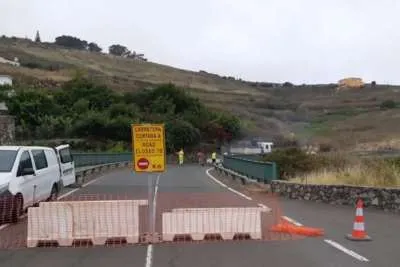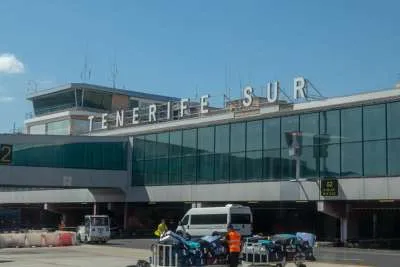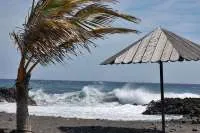Government announces updates to new holiday home rental law
- 14-09-2024
- Business
- Canarian Weekly
- Photo Credit: Stock Image
The government of the Canary Islands has introduced several amendments to the draft bill for the Regulation of Tourist Use of Housing, affecting holiday rental properties in the region. This comes after a period of public feedback, and the changes were announced by the Canary Islands’ Department of Tourism and Employment on Friday.
Key Changes for Small Property Owners
One of the most notable updates is that small property owners who are already renting their properties as holiday lets will be allowed to continue doing so indefinitely, as long as they comply with the new regulations.
However, individuals or companies managing holiday rentals without owning the properties will face a stricter timeline. These operators can only continue for an initial five-year period, which can be renewed for an additional five years, provided they meet all legal requirements.
For those willing to rent out an equivalent number of properties for long-term residential use, this period can be extended up to 20 years.
Technical Requirements Eased
The new version of the draft law also softens some of the technical requirements initially proposed. Holiday rental properties will no longer need to include electric vehicle charging stations, paved access roads, or strict energy efficiency criteria—requirements that had faced criticism from the rental sector earlier this year.
Additionally, the minimum living space required for holiday rentals has been reduced from 39 square metres to 25 square metres. However, the property must meet at least one condition from the new law, such as offering parking, having a private or community pool, or contributing to job creation.
According to Miguel Ángel Rodríguez, Director of Tourism Regulation for the Canary Islands, the law introduces two key transitional provisions. The first applies to property owners, allowing them to continue their holiday rental business indefinitely as long as they remain compliant with all regulations. However, this right is non-transferable, meaning that it expires if the property is sold or the owner ceases rental activities.
Municipal Authority and Local Flexibility
Another significant change allows local municipalities more flexibility in regulating holiday rentals. Under the new law, municipalities will have the freedom to develop their own rules tailored to their specific needs within a clear legal framework.
They will have six months to draft inspection plans for holiday rentals and four years to implement them. Additionally, local authorities will be required to submit reports on the situation within their jurisdictions after the four-year period.
Rodríguez emphasised that the municipalities and Cabildos already have the necessary tools and resources to carry out the new law efficiently.
Prohibition of "Pseudohotels"
Some provisions from the earlier draft remain unchanged. Newly constructed properties will be required to serve a residential purpose for at least ten years, and so-called "pseudohotels"—large blocks of rental properties operating like hotels—are explicitly banned.
Existing properties of this nature will have options to either comply with the transitional provisions, convert into urban hotels, or change to long-term residential rentals.
Urgent Processing of the Law
Jessica de León, the Regional Minister of Tourism and Employment, emphasised that this new law is a "next step" in regulating the holiday rental sector and will continue to evolve with input from local authorities.
She also announced plans to fast-track the bill through the Canary Islands Parliament in the coming weeks, once it has undergone further review by relevant committees.
These updates represent a major shift in how holiday rentals will be regulated in the Canary Islands, aiming to balance tourism growth with sustainable practices and housing availability.
Other articles that may interest you...
Trending
Most Read Articles
Featured Videos
TributoFest: Michael Buble promo 14.02.2026
- 30-01-2026
TEAs 2025 Highlights
- 17-11-2025


